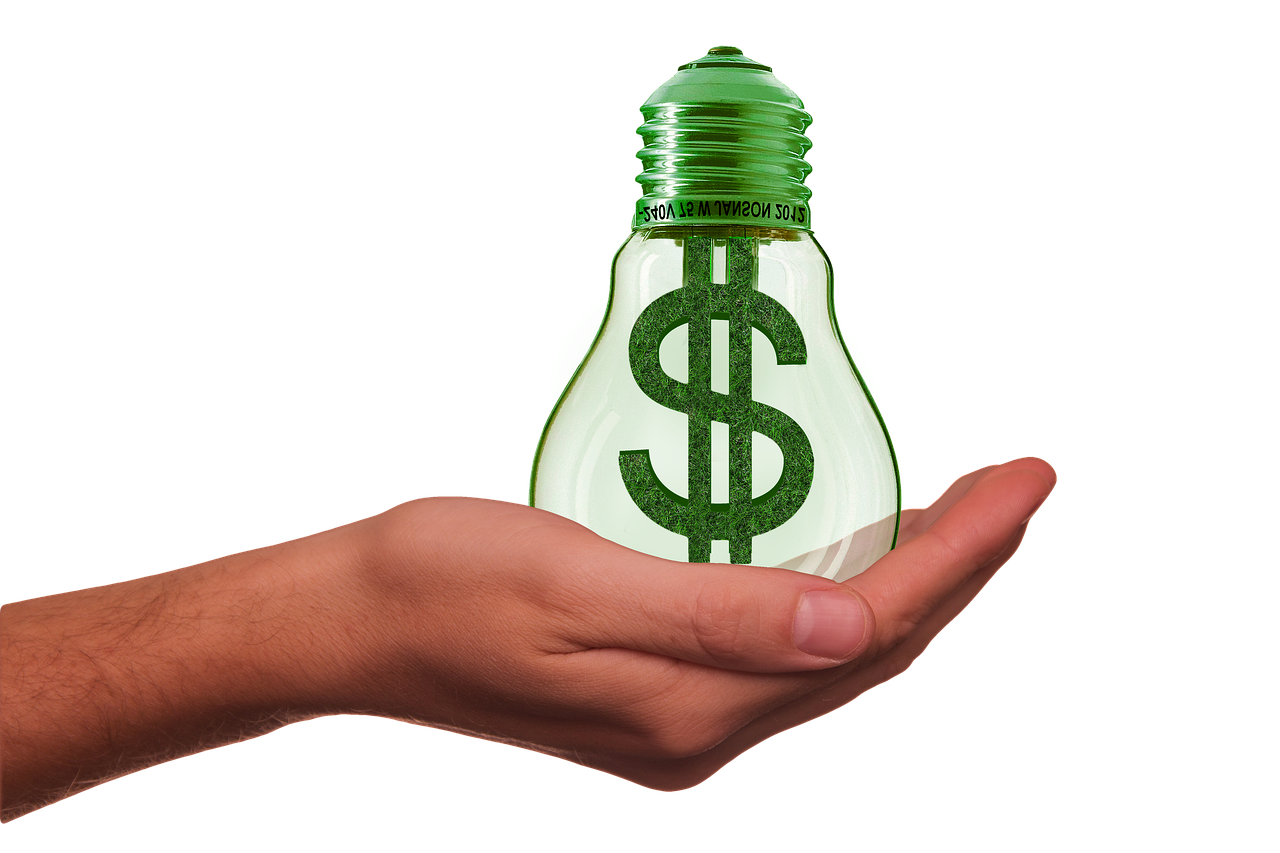Back in 2016, a report from McKinsey showed that a typical company’s supply chain accounted for 80 per cent of its greenhouse-gas emissions. But not only is the impact on the environment severe, but it can also lead to financial issues for companies who don’t take action to be more sustainable.
A prime example of this is Unilever, who in 2014, stated natural disasters relating to climate change created annual losses of $300m. The severity of this led to then-Unilever CEO, Paul Polman, calling for robust action, not just from his own company but others too.
Fast forward to the present day and supply chain sustainability is no longer a luxury of choice. But with necessity comes the opportunity to reduce costs by operating in a greener way. Today we look at the potential cost-saving benefits of a sustainable supply chain.
Reduced environmental impact
At the heart of sustainability is the environment and how it can be protected. But often there’s a misconception that this comes at a cost. To highlight the benefits of an eco-friendly supply chain, let’s take a look at what French dairy producer Danone has been able to achieve.
In Evian-les-Bains, Danone worked with local authorities and farmers to convert 40,000 tons of organic waste into natural fertiliser while also producing biogas to provide power for 1,200 inhabitants. The organic waste helped to avoid contamination of spring water and ensured that farming continues without disruption or damage to the environment.
The switch from traditional farming to organic practices can see a 20% dip in milk production. But in the long term, the benefit of being able to sell at a higher price is realised, while using fewer resources keeps costs down and profits high.
It all forms part of Danone’s vision to be carbon-neutral across the full supply chain by 2050, something which will benefit the environment, the brand, and the profit margins.
Protecting against reputational damage
With information readily available online, your supply chain also affects your brand reputation, so it’s important to make sure that a lack of sustainability across the supply chain isn’t resulting in negative attention.
Warren Buffet, the American investor, famously once said, “It takes 20 years to build a reputation and five minutes to ruin it. If you think about that, you’ll do things differently.”
In the world of sustainability, Swiss confectionery giant Nestlé felt the wrath of a palm oil scandal that left it unable to claim the use of certified sustainable palm oil in its chocolates and other products.
In an age where consumers are more eco-conscious, it was a business headache that has led the company to publicly map out what it’s doing to ensure palm oil is sourced sustainably in an attempt to repair a damaged reputation that started over a decade ago.
Attracting new business
The world of online retail has experienced a major boom over the course of the last 12 months, and growing demand is shining a spotlight on supply chains.
According to a 2019 report, 85% of consumers are more likely to buy from a company with a reputation for sustainability. With so much worldwide focus on sustainability, green credentials can be the difference between winning new business and seeing it walk away.
Take Amazon for example. Its quarterly sales recently hit $125 billion, but that isn’t stopping it from creating a fleet of 100,000 electric vehicles, as part of its pledge to be carbon net zero by 2040. It’s a sign that even when you’re at the very top, you can’t ignore the need to go green.
A sustainable summary
If your business reviews its supply chain and can make changes, the rewards can follow. For retail and e-commerce businesses, it could be something like using a plastic pallet to reduce the reliance on single-use plastics.
For those in the food and drink industry, it could be the introduction of rotating crops to improve soil fertility – a step that helped France become the world’s most sustainable food country in 2019.
Taking positive action can lead to big savings and better margins, along with reducing damage to the planet. A sustainable supply chain is no longer a choice, it’s a necessity.
Sources
https://www.nestle.com/ask-nestle/environment/answers/palm-oil-sourcing
https://youmatter.world/en/sustainability-supply-chain-27935/
https://loadhog.com/product/pally/
https://packagingrevolution.net/loadhog-lid-eliminates-108-million-metres-of-stretch-wrap/







